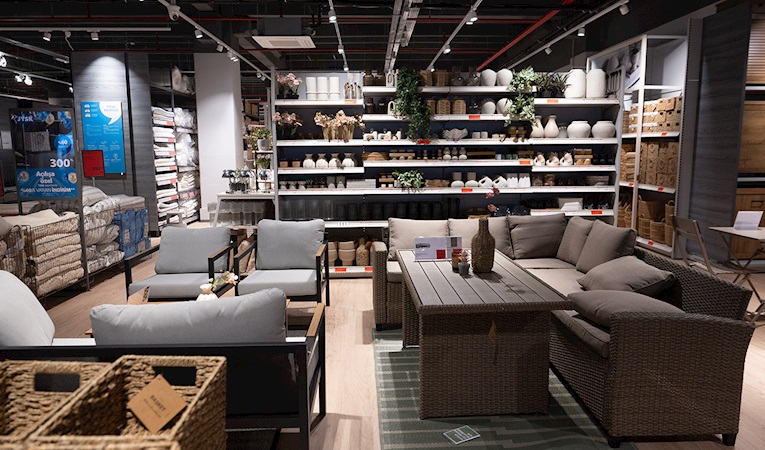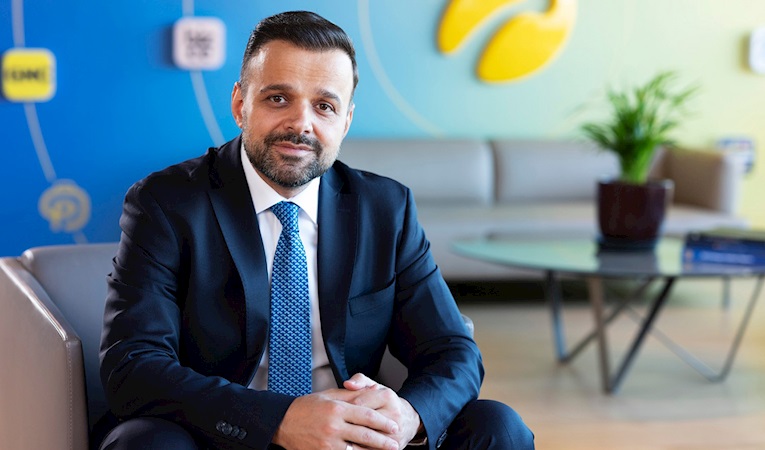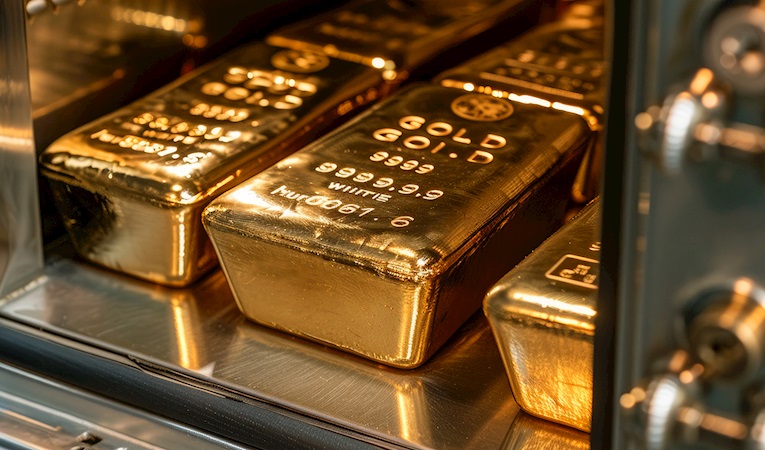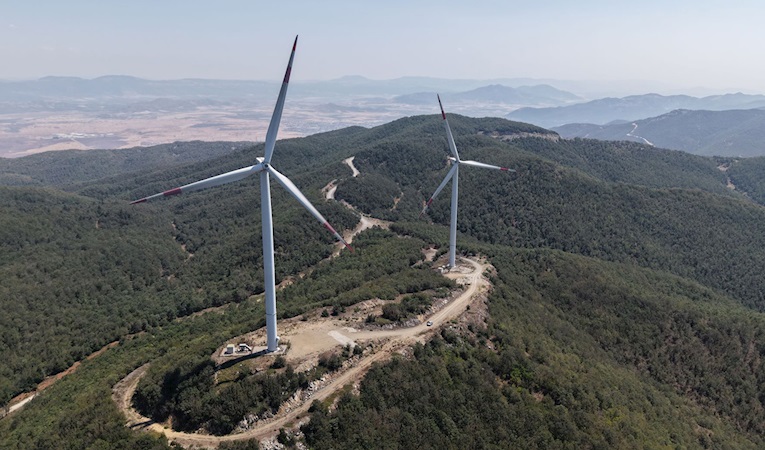
-
BIST 100
 11233,18%-0,54En Düşük11224,13En Yüksek11324,76
11233,18%-0,54En Düşük11224,13En Yüksek11324,76 -
DOLAR
 42,94%0,08Alış42,9340Satış42,9364En Yüksek42,9495
42,94%0,08Alış42,9340Satış42,9364En Yüksek42,9495 -
EURO
 50,52%-0,15Alış50,5173Satış50,5313En Yüksek50,6744
50,52%-0,15Alış50,5173Satış50,5313En Yüksek50,6744 -
EUR/USD
 1,18%-0,12Alış1,1758Satış1,1759En Yüksek1,1792
1,18%-0,12Alış1,1758Satış1,1759En Yüksek1,1792 -
ALTIN
 6161,09%-1,45Alış6160,91Satış6161,26En Yüksek6278,75
6161,09%-1,45Alış6160,91Satış6161,26En Yüksek6278,75
-
BIST 100
 11233,18%-0,54En Düşük11224,13En Yüksek11324,76
11233,18%-0,54En Düşük11224,13En Yüksek11324,76 -
DOLAR
 42,94%0,08Alış42,9340Satış42,9364En Yüksek42,9495
42,94%0,08Alış42,9340Satış42,9364En Yüksek42,9495 -
EURO
 50,52%-0,15Alış50,5173Satış50,5313En Yüksek50,6744
50,52%-0,15Alış50,5173Satış50,5313En Yüksek50,6744 -
EUR/USD
 1,18%-0,12Alış1,1758Satış1,1759En Yüksek1,1792
1,18%-0,12Alış1,1758Satış1,1759En Yüksek1,1792 -
ALTIN
 6161,09%-1,45Alış6160,91Satış6161,26En Yüksek6278,75
6161,09%-1,45Alış6160,91Satış6161,26En Yüksek6278,75
- Anasayfa
- Haberler
- Tüm Haberler
- “Rapid growth in consumption is impossible”
“Rapid growth in consumption is impossible”
P & G, the global giant of the fast-moving consumer goods sector, is focusing on costs.
1.10.2009 00:00:000
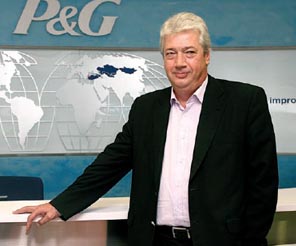
In recent years P&G has always grown by double figures, but in 2008 it recorded single digit growth. The company does not think the situation will be any different at the end of this year. Saffet Karpat, Board Chairman of P & G Turkey, Israel, Caucasia and Central Asia, predicts that growth will run in parallel to growth in the fast-moving consumer goods sector and does not expect any substantive recovery in the sector next year. Karpat says: “Before the crisis we were growing by 7 percent but now growth is around 3-4 percent. The fall in fast-moving consumer goods has not been very large. The economy will continue to record negative growth in 2009 and 2010. Growth in fast-moving consumer goods will be 2-3 percent, 4 percent at most.” Saffet Karpat, Board Chairman of P & G Turkey, Israel, Caucasia and Central Asia, outlined the company’s performance over the last year and the direction it will take in the future to Capital.
Capital: How was 2008 for P&G?
- 2008 was a year which started well. The effects of the global crisis began to make themselves felt in Turkey from November onwards,. From the perspective of our financial year, it was a year when we were very much affected by the crisis. The crisis accounted for ten months of our financial year. In previous years we had always recorded double digit growth, but in 2008-2009 we only grew by single figures.
Capital: So, did prices decline?
- In some categories they did. This occurred as the result of promotions. For example, there was a decline in prices in the detergent category as the result of promotions. In other categories prices did not increase compared with before the crisis. There were a number of falls in the prices of raw materials. But the rise in the value of the dollar resulted in a devaluation. This brought with it a number of rises in costs. In our categories a significant proportion of the raw materials are still priced in dollars.
Capital: In the 2001 crisis, the fast-moving consumer sector contracted by 16 percent, and the contraction continued the following year at 5 percent. It took three years for high quality goods to be included in the basket. What is the situation in the current crisis?
- There was a very major change in the 2001 crisis. There was a 100 percent devaluation there. Prices rose by 100 percent because a lot of the goods came from outside the country. People could not buy because their income did not rise. The biggest difference in this crisis is that people can still buy the same goods with the money that they have. Before the crisis, household income was TL 1,000 and, if the breadwinners did not lose their jobs, it was still TL 1,000 after the crisis. If they were allocating TL 250 of their budget to our products, then they were still able to allocate the same proportion and buy the same products. People postponed buying houses and cars. They did not go on luxury holidays. But there was not a big impact in the food-drink, shampoo and detergent categories. I think this is the reason why consumption did not decline.
Capital: Have you postponed any investments?
- We have not postponed any investments because of the crisis. We spent less because our expectations were small. These are perfectly normal adjustments in a changing market. Apart from this, we launched Ariel and we did not cut back on the support we provided for it.
Capital: How was 2008 for P&G?
- 2008 was a year which started well. The effects of the global crisis began to make themselves felt in Turkey from November onwards,. From the perspective of our financial year, it was a year when we were very much affected by the crisis. The crisis accounted for ten months of our financial year. In previous years we had always recorded double digit growth, but in 2008-2009 we only grew by single figures.
Capital: So, did prices decline?
- In some categories they did. This occurred as the result of promotions. For example, there was a decline in prices in the detergent category as the result of promotions. In other categories prices did not increase compared with before the crisis. There were a number of falls in the prices of raw materials. But the rise in the value of the dollar resulted in a devaluation. This brought with it a number of rises in costs. In our categories a significant proportion of the raw materials are still priced in dollars.
Capital: In the 2001 crisis, the fast-moving consumer sector contracted by 16 percent, and the contraction continued the following year at 5 percent. It took three years for high quality goods to be included in the basket. What is the situation in the current crisis?
- There was a very major change in the 2001 crisis. There was a 100 percent devaluation there. Prices rose by 100 percent because a lot of the goods came from outside the country. People could not buy because their income did not rise. The biggest difference in this crisis is that people can still buy the same goods with the money that they have. Before the crisis, household income was TL 1,000 and, if the breadwinners did not lose their jobs, it was still TL 1,000 after the crisis. If they were allocating TL 250 of their budget to our products, then they were still able to allocate the same proportion and buy the same products. People postponed buying houses and cars. They did not go on luxury holidays. But there was not a big impact in the food-drink, shampoo and detergent categories. I think this is the reason why consumption did not decline.
Capital: Have you postponed any investments?
- We have not postponed any investments because of the crisis. We spent less because our expectations were small. These are perfectly normal adjustments in a changing market. Apart from this, we launched Ariel and we did not cut back on the support we provided for it.
Türkiye ve dünya ekonomisine yön veren gelişmeleri yorulmadan takip edebilmek için her yeni güne haber bültenimiz “Sabah Kahvesi” ile başlamak ister misiniz?

